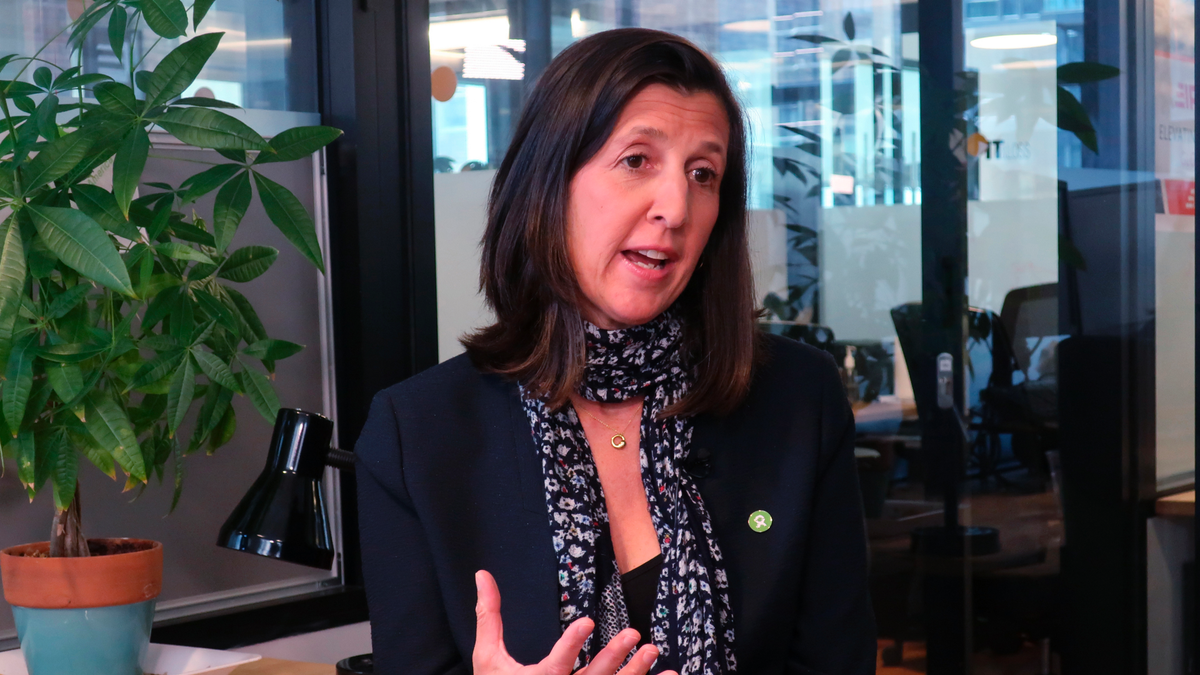
UNITED NATIONS – The already "staggering" number of 8.4 million Yemenis who don't know where their next meal will come from could double very quickly if ports in the rebel-held north are attacked and shut down, the head of the aid agency Oxfam America said Tuesday.
Abby Maxman, who spent a week in northern Yemen earlier this month, said in an interview with The Associated Press that the country is already "on the brink of starvation or ultimately famine, and the tipping point for that could happen very quickly."
Government forces, backed by a Saudi-led coalition, are trying to retake the port city of Hodeida, the main entry point for food in a country dependent on imports, from Iranian-allied Shiite rebels known as Houthis. The United Nations said Hodeida remains open, but there is growing concern of the impact of a port closure.
Maxman said "the humanitarian implications will be massive" if Hodeida and the other smaller Red Sea ports controlled by the Houthis shut down.
With a population just under 30 million, she said, 8.4 million people "already are down to one meal per day and don't know where their next meal will come from, one can see that doubling almost very quickly, or immediately, if and when the ports shut down."
The president and CEO of Oxfam America said families she spoke to in camps for the displaced in Khamer and Amran "who have suffered at the hands of an ongoing conflict that is far larger than themselves for years" are very caught up in day-to-day survival and lack hope and the ability to see a future for themselves.
"And the data corroborates what I saw of children with malnutrition, with people who are looking for one meal per day, not having their basic health needs met, Maxman said.
They feel grateful, she said, "to be in an internally displaced persons' camp."
Maxman said she was struck by Yemen's endemic inequality which she saw first-hand in the capital Sanaa — grocery stores stocked with all kinds of food and fruit and even a popcorn machine and a cotton candy machine, and people struggling to find something to eat.
The Yemen conflict was sparked by the Houthi takeover of Yemen's capital Sanaa in 2014, which routed the internationally recognized government. A Saudi-led coalition allied with the government has been at war with the Houthis since 2015.
Maxman said: "If the conflict continues, if there is an assault or an attack on a major port, if things continue to go a certain way, it would be likely that risk of famine increases."
"The combination of what was before the conflict extreme inequality, dependence on imports, the failing infrastructure in the country and the lack of institutional capabilities to provide movement and access are creating the conditions that are exacerbating extreme humanitarian suffering at scale," she said.
Her message to the warring parties was simple: Return to the negotiating table.
Maxman said the Trump administration should continue "to use the muscle and influence they have" with the U.S.-backed coalition and support efforts by U.N. special envoy for Yemen Martin Griffiths and the U.N. Security Council to bring the warring parties together "because only a political solution will bring peace to Yemen."








































